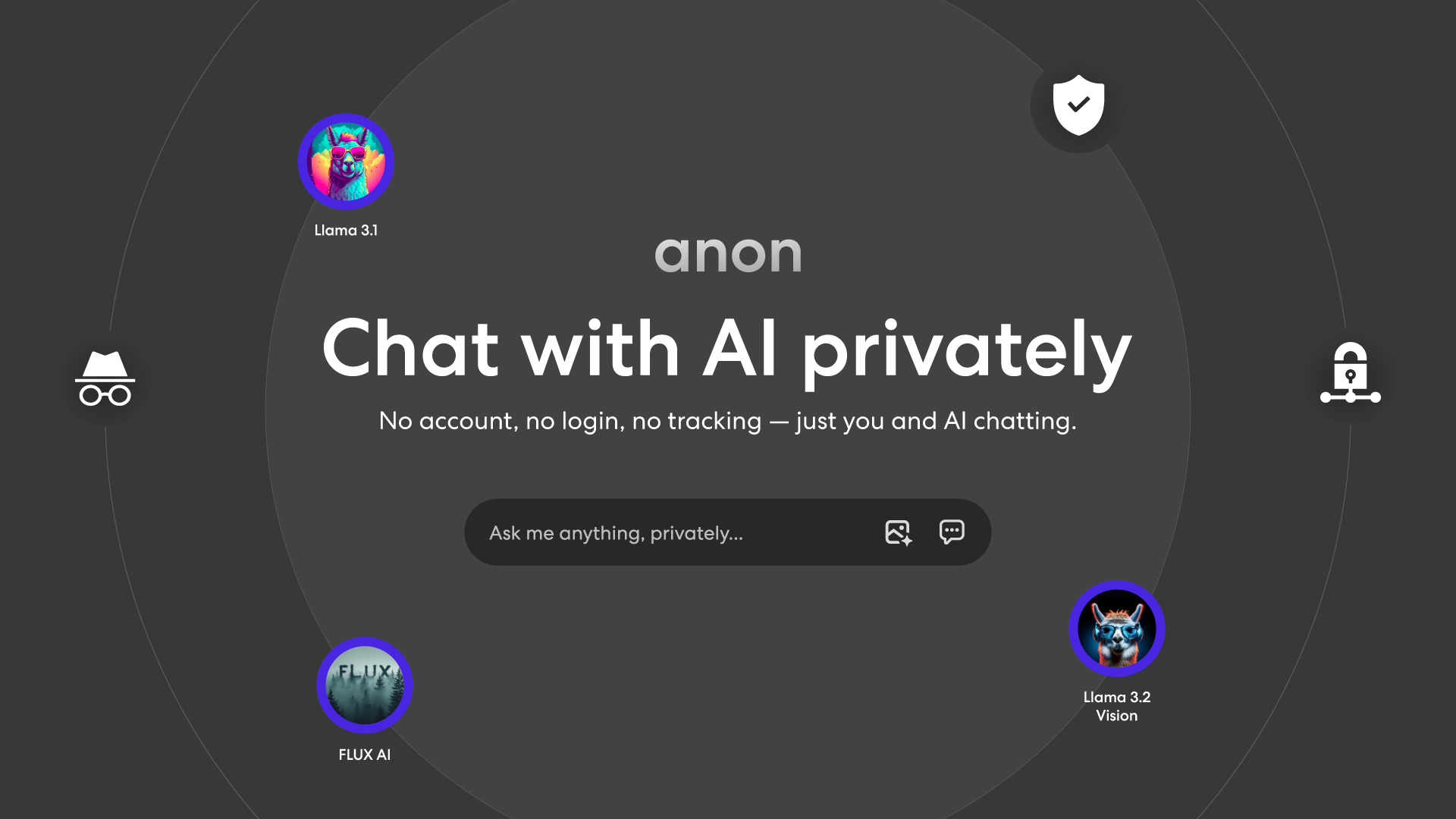
The Transformative Power of Private AI: Ushering in a New Era
Table of Contents
Artificial intelligence (AI) is rapidly transforming industries, from healthcare and finance to manufacturing and retail. However, concerns around data privacy and security have emerged alongside this progress. This is where private AI comes in, offering a revolutionary approach that empowers businesses to leverage AI's power while keeping their sensitive data safe.
What Is Private AI?
Private AI refers to large language models and solutions that are hosted and operated within a secure environment, often tailored specifically for an organization. This approach allows enterprises to control how data is used, stored, and processed, providing a layer of privacy that public AI platforms cannot offer.
By offering private AI models, companies can now access powerful AI tools without exposing their sensitive information to third-party platforms.

What Makes Private AI Different from Public AI?
Private AI and public AI may share similar technologies, but they differ significantly in terms of purpose, data handling, and infrastructure. Here’s a breakdown of what sets private AI apart:
1. Purpose
- Private AI is designed for a specific entity, typically an enterprise, that wants to control its AI strategy and maintain full custody over its data. This approach allows organizations to tailor AI solutions specifically to their business needs and ensure that sensitive information remains protected within their environment.
- Public AI, on the other hand, is created for open, shared use by multiple entities. It operates within a shared environment where users, including individual consumers, corporate employees, and businesses, interact with the AI. Public AI’s open nature makes it accessible to a broader audience but often at the expense of data control and exclusivity.
2. Models
- Private AI models are developed either in-house or by third parties and are hosted within a private, secure environment. These models are typically protected by firewalls, ensuring that only authorized users have access. This setup is ideal for organizations that need to secure sensitive data and maintain strict control over who can interact with and influence their AI models.
- Public AI models are hosted in public environments where they can be accessed and used by anyone. All interactions with public AI models contribute to their learning and expansion, which helps them improve over time but also introduces security risks. The shared nature of public models means that user interactions can influence the model, which may not align with specific business requirements or privacy standards.

3. Data (for Training)
- Private AI relies on proprietary datasets for training, often incorporating an organization’s most sensitive and valuable business data. This approach ensures that the model is tailored to the organization’s unique needs, providing more relevant insights and maintaining data confidentiality.
- Public AI models are trained on publicly available datasets or data purchased from public sources. While this broad data pool helps public models generalize across different use cases, it lacks the specificity that private datasets offer. Additionally, users may contribute their own data for model fine-tuning, which service providers might access and store, posing potential privacy concerns.
4. Data (for Inference)
- Private AI uses the entity's proprietary data for inference, ensuring that only the organization has access to the data involved in AI processing. This setup is crucial for enterprises that need to keep their operational data secure and control how it's used in AI-driven decision-making.
- Public AI can use either proprietary or publicly available data during inference. However, service providers typically have access to this data, which can raise concerns about data exposure and the potential for unauthorized access or misuse.

5. Workload Residence
- Private AI workloads reside in secure environments such as on-premises facilities, colocation data centers, or private cloud infrastructure. This dedicated setup minimizes the risk of data exposure and provides the organization with full control over where and how their AI workloads are processed.
- Public AI operates within a multi-tenant environment, often hosted on public cloud infrastructure. While this setup is convenient for scaling and accessibility, it increases the risk of data breaches since data from multiple entities coexist within the same environment.
6. Networking
- Private AI leverages private, dedicated network connections to ensure that data only travels through secure channels. This approach significantly reduces the risk of interception and enhances the overall security of the AI deployment.
- Public AI may require data to cross the public internet, which can expose sensitive information to potential security threats. Public networks are more vulnerable to attacks, making it difficult to guarantee data protection in shared environments.

In summary, Private AI offers a higher level of customization, security, and control over data, making it suitable for enterprises that need to safeguard proprietary information and meet stringent regulatory requirements. Public AI, while more accessible and scalable, sacrifices some level of privacy and control, which can be a limitation for businesses dealing with sensitive data.
Top 3 Ways Private AI Benefits Enterprises
Private AI offers distinct advantages that make it especially suitable for enterprises. Here are the top three reasons why private AI is a strategic choice:
1. Protect Your Proprietary Data
When using public AI models, you risk exposing your proprietary data to third parties, including your competitors. Feeding sensitive business data into a public AI system means that information could be used to improve the model, indirectly benefiting other users who may have access to similar insights. Public AI providers often use aggregated data to refine their models, which could mean your proprietary data is contributing to a tool that competitors also use.
By choosing private AI, your data remains securely within your organization. A private AI architecture ensures that your data is exclusively processed and stored in an environment controlled by your enterprise, providing full control over data access, usage, and protection.
This setup allows you to retain ownership of your data, ensuring that your valuable business insights are used solely to benefit your organization, without the risk of unintentionally sharing them with competitors.

2. Reduce Regulatory Risk
With increasing global regulations around data privacy and protection, enterprises face the challenge of complying with complex rules about data collection, storage, and transfer. Regulations like GDPR, CCPA, and various data sovereignty laws impose strict requirements on how businesses handle data, especially when it crosses international borders. Non-compliance can lead to significant financial penalties and damage to your organization’s reputation.
Private AI provides a solution by enabling enterprises to control their data end-to-end. By deploying AI models in a private environment, businesses can customize their data architecture to meet specific regulatory requirements. This includes controlling where data is stored, who has access, and how data is processed and transferred.
By managing compliance in-house, enterprises are better equipped to adhere to local and international regulations, reducing the risks associated with outsourcing data handling to public AI providers that may not meet the same standards.

3. Optimize Performance and Cost-Efficiency
Public AI models are typically hosted in public cloud environments, which means that enterprises must transfer their data to these environments for processing. This data movement can result in latency, affecting the real-time performance of AI applications. Additionally, transferring large volumes of data to and from public clouds incurs egress fees, increasing operational costs.
Private AI allows enterprises to optimize both performance and cost-efficiency. By housing AI models and data storage within the same secure environment, companies can ensure a seamless and low-latency data flow. This proximity minimizes data transfer delays, which is crucial for applications that require real-time or near-real-time responses.
Furthermore, since the data remains within the internal architecture, enterprises avoid the added expense of third-party data transfer fees. In the long run, private AI can be more cost-effective, as enterprises pay only for their own infrastructure rather than incurring ongoing fees associated with public cloud usage.

What Are the Infrastructure Requirements for Private AI?
Implementing private AI requires a robust infrastructure. Here are some key requirements to ensure that private AI is effectively deployed:
Cloud Adjacent
Many private AI solutions are cloud-adjacent, meaning they are designed to work seamlessly with cloud services while keeping sensitive data within secure premises. This setup enables scalability and flexibility without compromising privacy.
Ecosystem Access
Private AI should integrate smoothly with existing systems and tools within the enterprise. This compatibility ensures that the AI can draw from various data sources and deliver insights directly to business-critical applications.
Global Reach
For multinational companies, a global network that supports private AI deployment across various regions is essential. This infrastructure provides consistent service quality and data protection across all operational areas.

EdgeAI: Private AI Chat
If privacy is a top priority for your AI chat experience, EdgeAI offers a solution that keeps your conversations truly private and anonymous. EdgeAI is designed for users who want to explore AI’s capabilities without sacrificing their data security. With EdgeAI, you can enjoy:
- Private and Anonymous Chats: There’s no need for accounts or logins, and no tracking is involved. Your conversations are stored only on your device, encrypted and safeguarded.
- Judgment-Free Conversations: EdgeAI provides a safe space for unrestricted dialogue, allowing you to think freely and use AI in a way that aligns with your needs.
For more privacy-focused AI tools, check out our list of the best AI tools to protect your data and enhance productivity.

Conclusion
Private AI is transforming how enterprises leverage artificial intelligence by offering a secure, controlled environment for data processing. With solutions like EdgeAI, individuals and businesses alike can explore AI capabilities without compromising on privacy. As technology evolves, private AI stands poised to usher in a new era where data security and AI innovation go hand in hand.
Spread the word
.svg)







